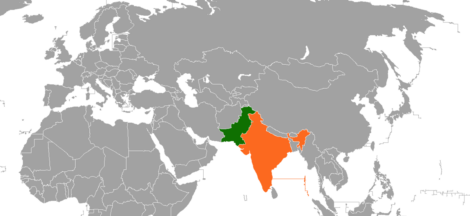Pakistan’s military leadership has declared its unwavering stance against external military pressures, asserting that the nation will not be coerced by threats of force. This declaration was made during the 270th Corps Commanders’ Conference, convened at the General Headquarters in Rawalpindi and chaired by Chief of Army Staff Field Marshal Asim Munir. The high-level meeting focused on assessing the prevailing security landscape both within Pakistan and along its borders.
The conference’s timing is significant, occurring shortly after a ceasefire agreement between Pakistan and India was reached following a period of intense cross-border hostilities. The ceasefire, effective from May 10, was established after direct communication between the two nations, without external mediation. However, the truce was marred by violations, with reports of explosions and drone activity in regions such as Srinagar and Jammu, raising concerns about the durability of the agreement.
During the conference, the military leadership emphasized the importance of national sovereignty and the readiness to respond decisively to any acts of aggression. The commanders reiterated their commitment to eradicating terrorism in all its forms, highlighting the challenges posed by increased terrorist activities, particularly in the provinces of Khyber Pakhtunkhwa and Balochistan. Data indicates a significant surge in terror attacks in these regions, underscoring the persistent internal security threats facing the country.
The discussions also touched upon the broader geopolitical dynamics, including the suspension of the Indus Waters Treaty by India, a move that has further strained bilateral relations. Indian Prime Minister Narendra Modi announced the suspension following a deadly attack in Indian-administered Kashmir, attributing the incident to Pakistan-backed elements—a claim Islamabad has denied.




 Supreme Court Scrutinises Waqf Law Amid Religious Autonomy Concerns
Supreme Court Scrutinises Waqf Law Amid Religious Autonomy Concerns 